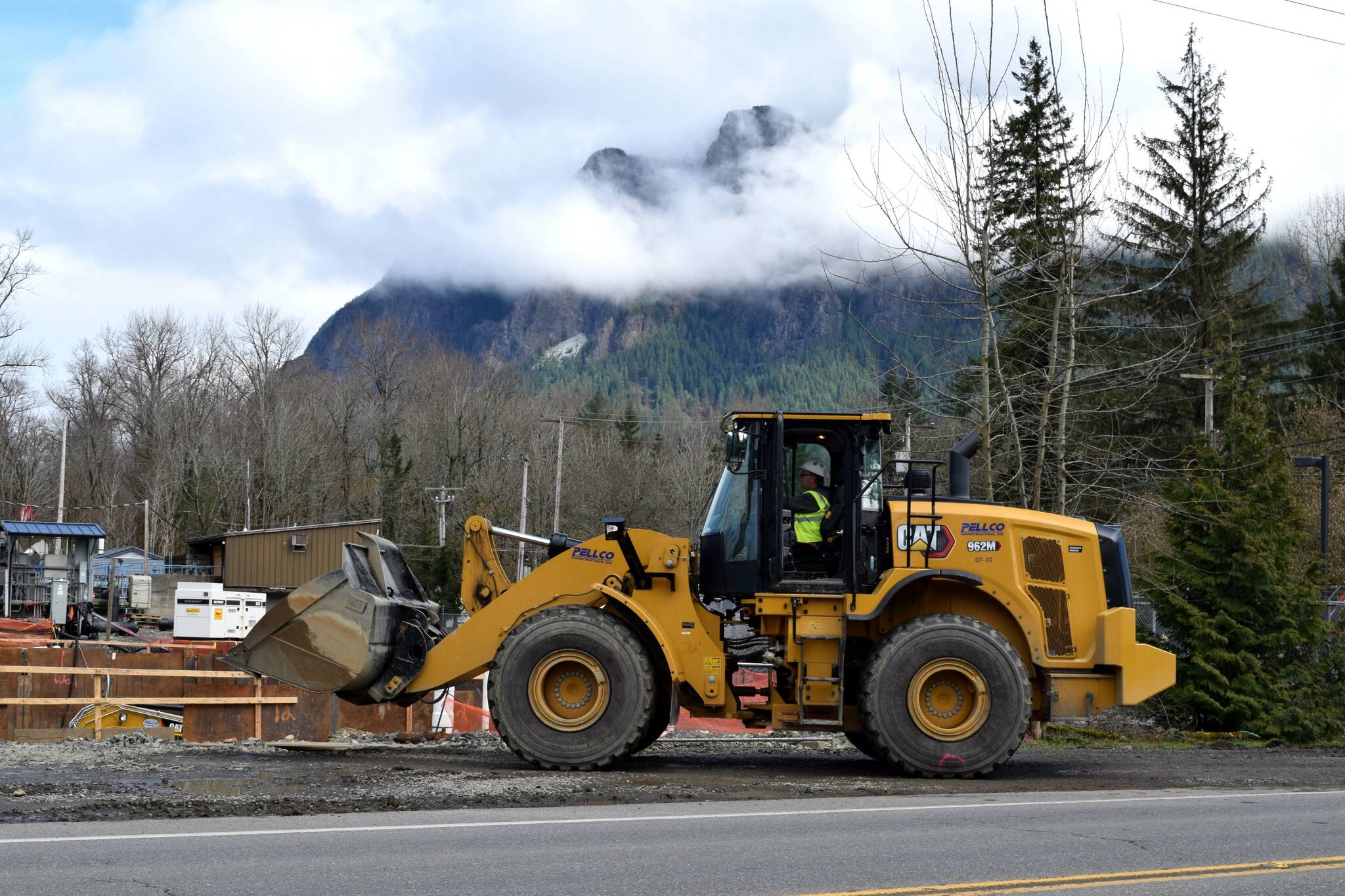The City of North Bend could be allowed to review and approve preliminary development applications before sewer capacity is available if the city council adopts a recently proposed code amendment.
The amendment, presented before the planning commission on March 24, allows the city to review and approve preliminary applications for plats, short plats and binding site plans before sewer capacity is available, assuming it becomes available within two years. Approved plans would be issued a conditional certificate of concurrency.
Preliminary applications involve the city ensuring that development is consistent with its municipal code and comprehensive plan — a process that city staff say can take months. Currently, staff are not able to start the preliminary process until sewer capacity is available.
The amendment would not allow for any physical development or issuance of final permits. But proponents of the change say it would clear potential backlogs for staff as they wait for additional capacity to be created at the city’s wastewater treatment plant.
Since 2016, when it was near failing, the treatment plant has been undergoing $35 million worth of improvements designed to improve safety and add sewer capacity.
Phase 1 of those improvements wrapped up last May, while the second phase is expected to finish in the fall of 2023. When finished, it is expected to provide the city with sewer capacity for the next 20 years of growth, said Mike McCarty, a senior planner with the city.
However, until improvements are finished, the city does not have capacity to service additional residential developments, McCarty said. The remaining capacity the city does have is being used for commercial development.
That leaves the city in limbo as it waits for construction to finish. The city says amending that regulation would allow for timely approval of preliminary applications, avoid “a slump in reviews,” and reduce the chance of needing to layoff or hire staff as it waits.
“It would allow acceptance of applications with proof of future availability from the city,” McCarty said. “We know those treatment plans are coming. We’ve paid for those. They’re under construction. It’s just a matter of when it gets done.”
The amendment also requires that those submitting development applications sign a release with the city attorney saying they won’t sue the city for a lack of sewer availability or possible delays in providing sewer availability. The proposed change would not extend to water rights.
According to a statement from the city, approval of a preliminary plat or binding site plan requires the city’s public works director to issue a certificate of concurrency. However, concurrency itself would not be issued until capacity is made available at the treatment plant.
“[Developers] still need to go through the concurrency process,” said Rebecca Deming, the city’s community and economic development director. “At the time of issuance of that sewer availability, we would track it just like we do now.”
Jean Buckner, the president of the Friends of the Snoqualmie Valley Trail and River, a conservation nonprofit that focuses on the health of the Snoqualmie River, said she doesn’t see the need for this code change. She expressed concern that the policy would encourage overreach. She also questioned the value of a conditional certificate.
A final decision on the amendment will come from the city council. The planning commission recommended the council approve the amendment in a 3-1 vote.



